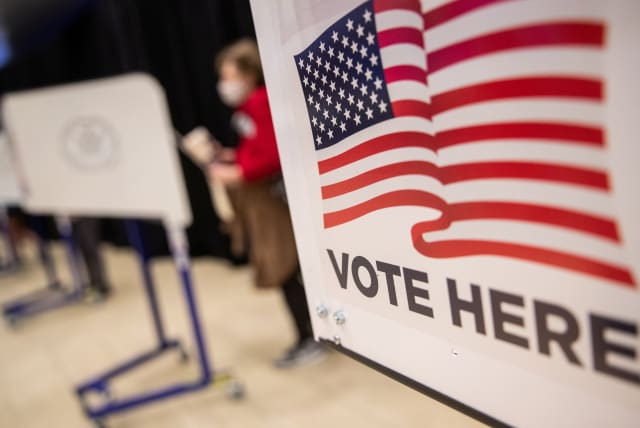One in four Americans ditch religion: A third of ex-Catholics break away

A new study shows 26% increase in religiously unaffiliated Americans. Growing divide with politicians embracing Christian nationalism.
More than a quarter (26%) of Americans now identify as religiously unaffiliated, according to a recent study conducted by the Public Religion Research Institute (PRRI).
This marks a significant five percentage point increase since 2013, indicating a clear and rapid departure from traditional religious institutions.
The increase in religious unaffiliation underscores a growing divide between the general public's views and the actions of some Republican politicians, who are increasingly leaning into Christian nationalism to shape public policies. Figures such as former President Trump and House Speaker Mike Johnson (R-La.), who prominently display symbols associated with Christian nationalism, are seen as aligning with a loyal but shrinking base.
Among Christian denominations, the study reveals that Catholics are experiencing the largest decline in affiliation, with a third of those raised in the Catholic faith no longer identifying as such. This trend spans across demographic lines, affecting both white and Hispanic Americans. In contrast, the data indicates a stabilization in the number of white evangelical Protestants, halting what had been years of decline.
Congress vs. public religion: survey insights
Notably, the survey also finds that members of Congress are significantly more religious and more likely to identify as Christian than the general American population. This discrepancy between the religiosity of political leaders and their constituents highlights a potentially widening gap in values and priorities.
Despite the overarching trend towards disaffiliation, the study also points out areas of strong religious retention. Black Protestants and Jewish Americans exhibit the highest rates of faith retention among all surveyed groups. Meanwhile, many younger Americans cite disagreement with their former religion's teachings, particularly on LGBTQ+ issues, as a primary reason for their departure from organized religion.
This comprehensive survey, engaging over 5,000 adults from across all 50 states, paints a vivid picture of a nation at a crossroads of belief, identity, and belonging. As more Americans step away from traditional religious labels, the implications for social cohesion, political discourse, and personal spiritual practice continue to unfold, making the religious landscape of the United States an ever-evolving and closely watched domain.
Jerusalem Post Store
`; document.getElementById("linkPremium").innerHTML = cont; var divWithLink = document.getElementById("premium-link"); if (divWithLink !== null && divWithLink !== 'undefined') { divWithLink.style.border = "solid 1px #cb0f3e"; divWithLink.style.textAlign = "center"; divWithLink.style.marginBottom = "15px"; divWithLink.style.marginTop = "15px"; divWithLink.style.width = "100%"; divWithLink.style.backgroundColor = "#122952"; divWithLink.style.color = "#ffffff"; divWithLink.style.lineHeight = "1.5"; } } (function (v, i) { });

